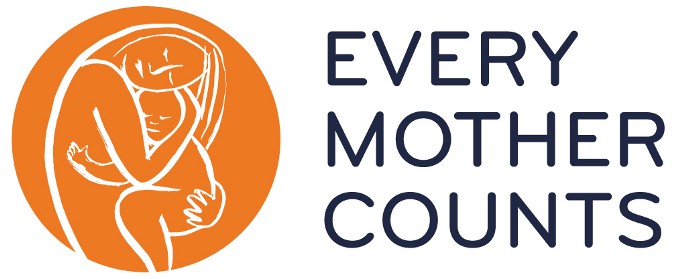via Ever Mother Counts / 2019
by, Rebecca Fox Starr
“I feel awful, and no one is listening to me,” I started, through tears, as I sat in a small office, 33 weeks pregnant, across from my neurologist. I had recently experienced a severe migraine; a condition for which there are scans and tests and a clear protocol to follow. “I am terrified to have another C-section and I don’t know that I even want this baby,” I choked on my words.
My kind neurologist, looked me right in the eyes, and said the words that I will never forget: “I am not worried about anything neurological with you. But, I am scared that you are going to have this baby and develop a walloping case of postpartum depression.” He then dictated a memo to my OBGYN, urging him to take me seriously, explaining to him that I was suffering; that I needed compassion; that I needed help.
What I didn’t know then was that I was experiencing the all-too-common but little-known affliction called prenatal distress. I was the mother of an enchanting three-year-old girl, I was the writer of a mommy blog about tutus and tummy-time, and yet, I was suffering. I had no history of mental health issues, I had a stable home life, access to great medical care in a major metropolitan city, but still I was not immune.
From the moment I became pregnant with my son, something was not right. I was preoccupied by my worries about my unborn baby’s well-being, on a never ending mental carousel that spun me, mercilessly, and from which I could not get off.
And then, all of a sudden, the colorful horses turned gray. I stopped worrying, and, as if overnight I went from crippling anxiety to abject numbness. I simply did not have the strength — the will — to move… I was in a deep depression. I just did not know it.
What I didn’t know is that prenatal anxiety and depression are diagnoses that are often misunderstood, and therefore are grossly underreported. We do not have accurate data on the number of women who suffer from the different forms of emotional distress during pregnancy because, like me, so many women do not know that what they are feeling is atypical, or worth mentioning, or, if they do, they are often brushed off. “You’re pregnant! You’re supposed to feel crummy,” I was told by my own OBGYN. It is estimated that somewhere between 7% and 20% of women suffer from some form of prenatal distress (including anxiety, depression, panic attacks and Post Traumatic Stress Disorder). I believe the number is much higher.
I am not a clinician, but from my work as a mental health advocate and author, I have learned that most patients do not receive mental check-ins at each prenatal visit. The doctors listen to the baby’s heartbeat and take measurements and do cervical checks and blood tests — which are all crucial things — but they do not evaluate how their patients are feeling. Because there aren’t scans and tests or a clear protocol to follow.
Prenatal anxiety and depression, the subject of my book, “Beyond the Baby Blues,” is its own exquisite breed of pain, because it happens at a time when we, as women, are told that we should be so happy. On top of the worrying, ruminating, feelings of panic and despair, we get slammed with guilt for not feeling lucky, or grateful, or magical.
I am one of the lucky ones. Prenatal anxiety and depression can be a precursor to or warning sign of postpartum depression, something that is far more well-known and, fortunately, more frequently diagnosed, and I was, in fact, hit with a walloping case, just as my neurologist predicted. But, I had access to help, from my family, support system, and a team of medical and psychological professionals. For so many women, they suffer in silence, and their prenatal distress affects both their own health, as well as that of their baby. What I didn’t know is that the symptoms of prenatal anxiety and depression are nearly identical to those of general anxiety and depression; they just happen to occur during pregnancy. This means that so many women have a hard time seeking the proper prenatal care, or going to regular doctor visits, or eating or sleeping or doing all of the things that foster good health, both mental and physical.
Why am I one of the lucky ones? I did not have it easy, but, because I was able to get quality help, I managed to get off the carousel. Today, I can stare at those painted horses from afar, admiring the rich colors as the ponies go up and down, in sync with the cheerful music. If you or a loved one are pregnant and are feeling anxious or sad in a way that interferes with your daily life or that makes it hard to find happiness where you once felt joy or something just does not feel right, I implore you to seek help. Talk to your doctor, tell someone in your tribe, seek out a women’s resource center, shout from the rooftops or say it in the softest whisper, just loud enough so that someone can hear. It can feel so big and so overwhelming but I am living proof that there is hope on the other side of your “hard” and that the carousel can slow down. The world can become colorful again. It is OK if you do not feel OK. You don’t have to hide it, nor do you have to face it on your own.


